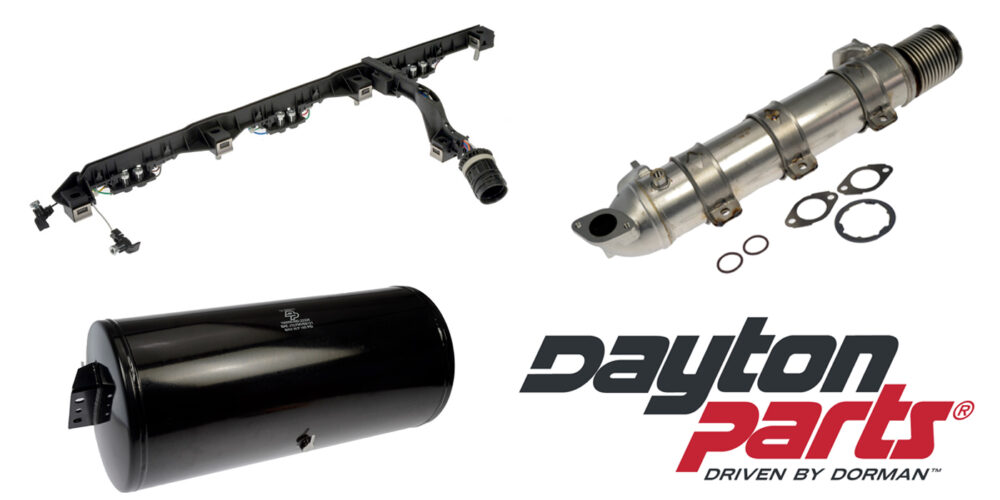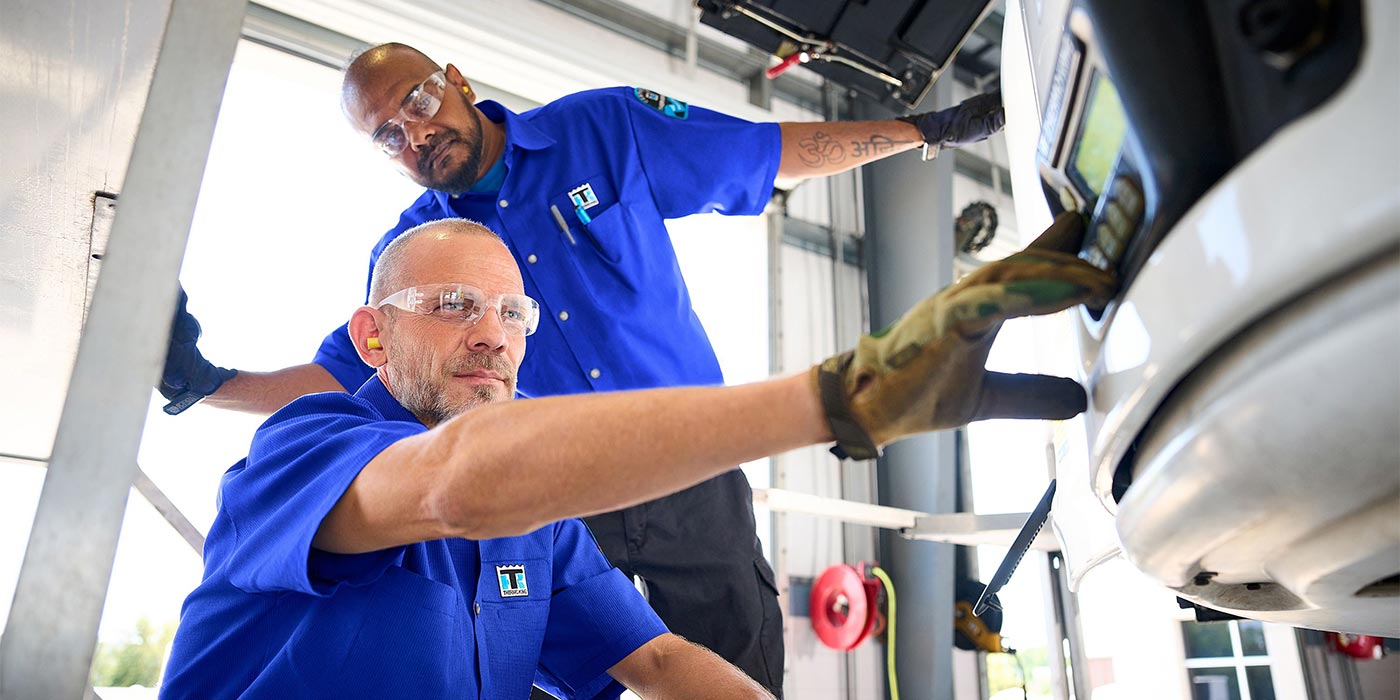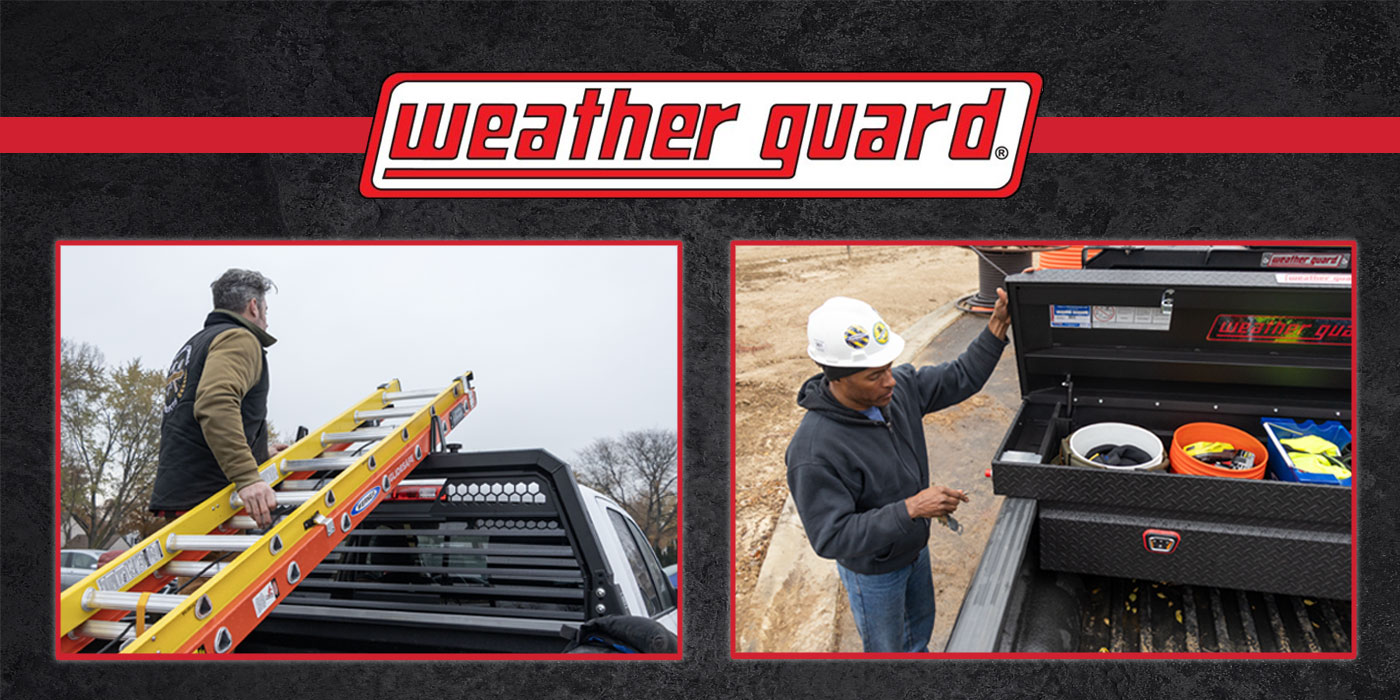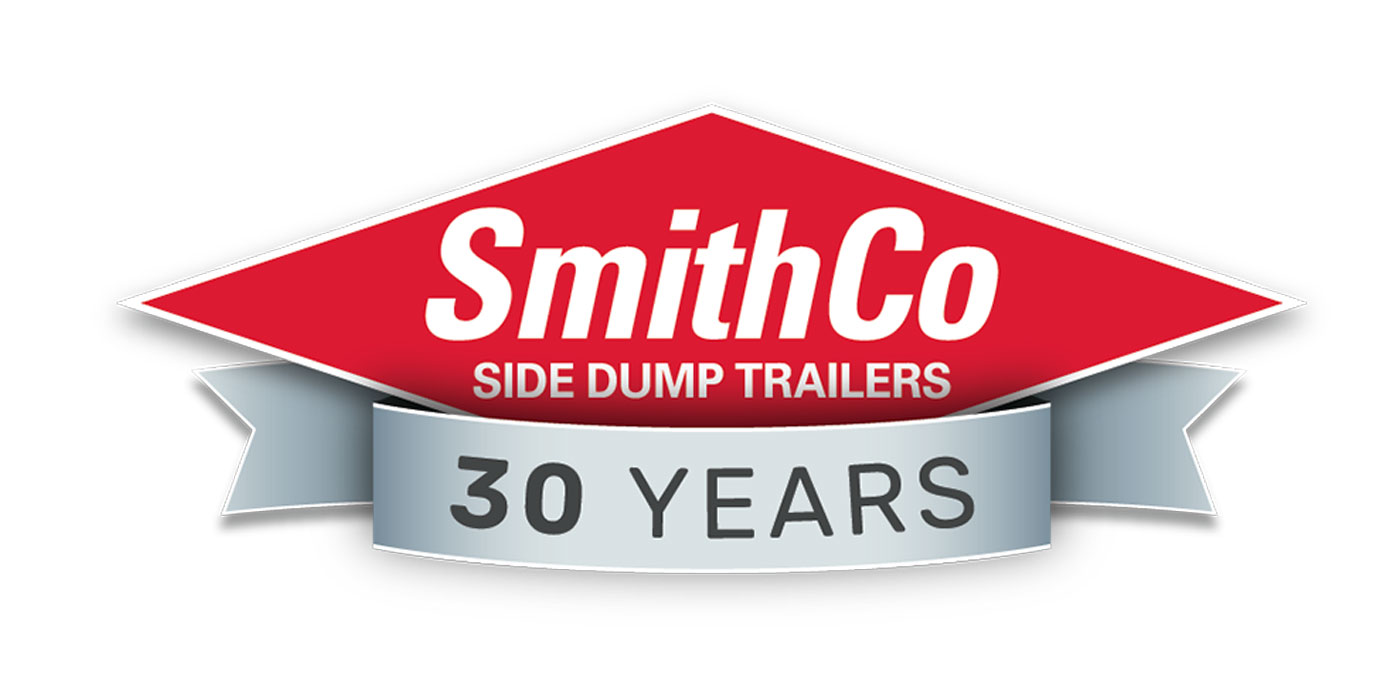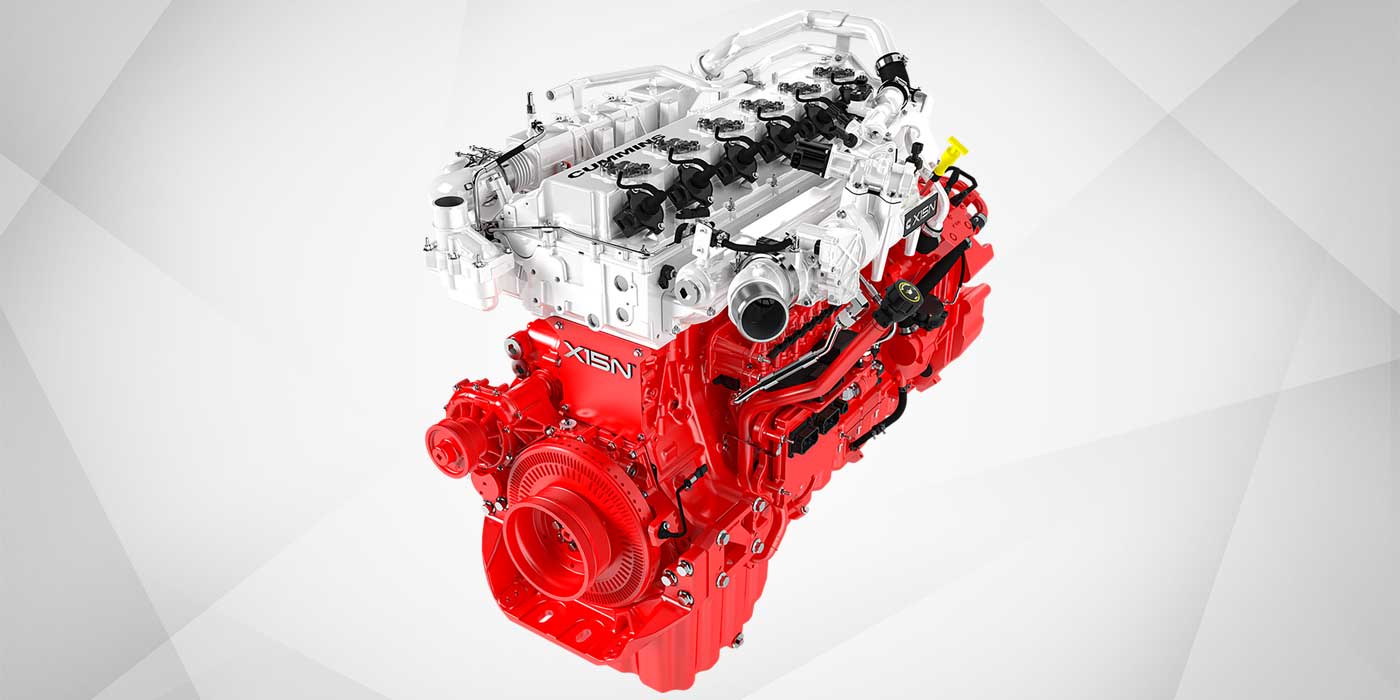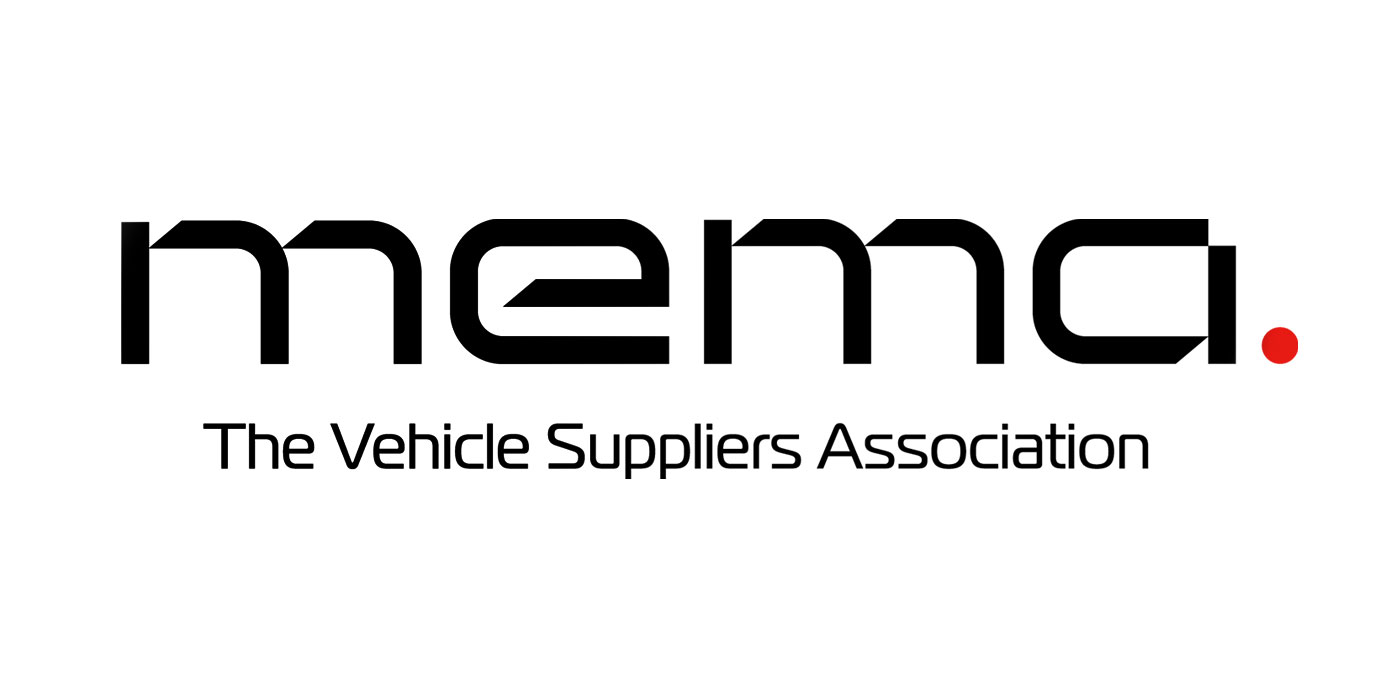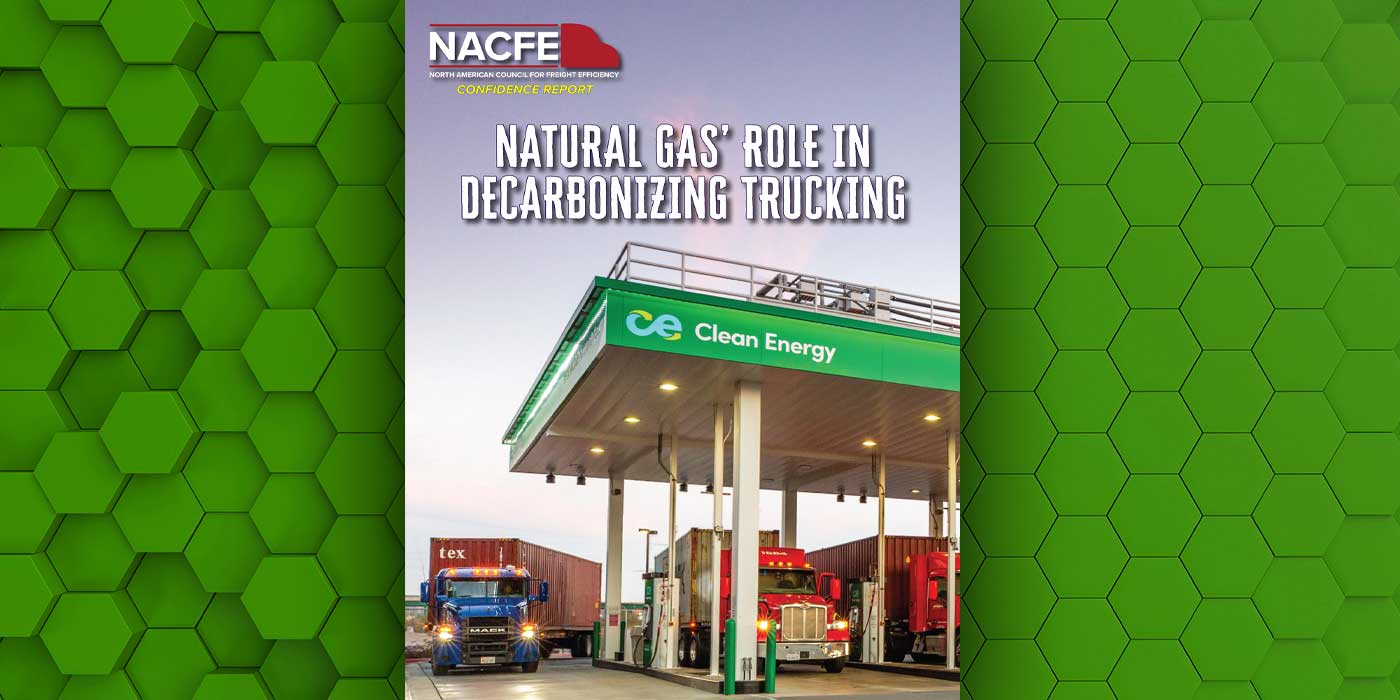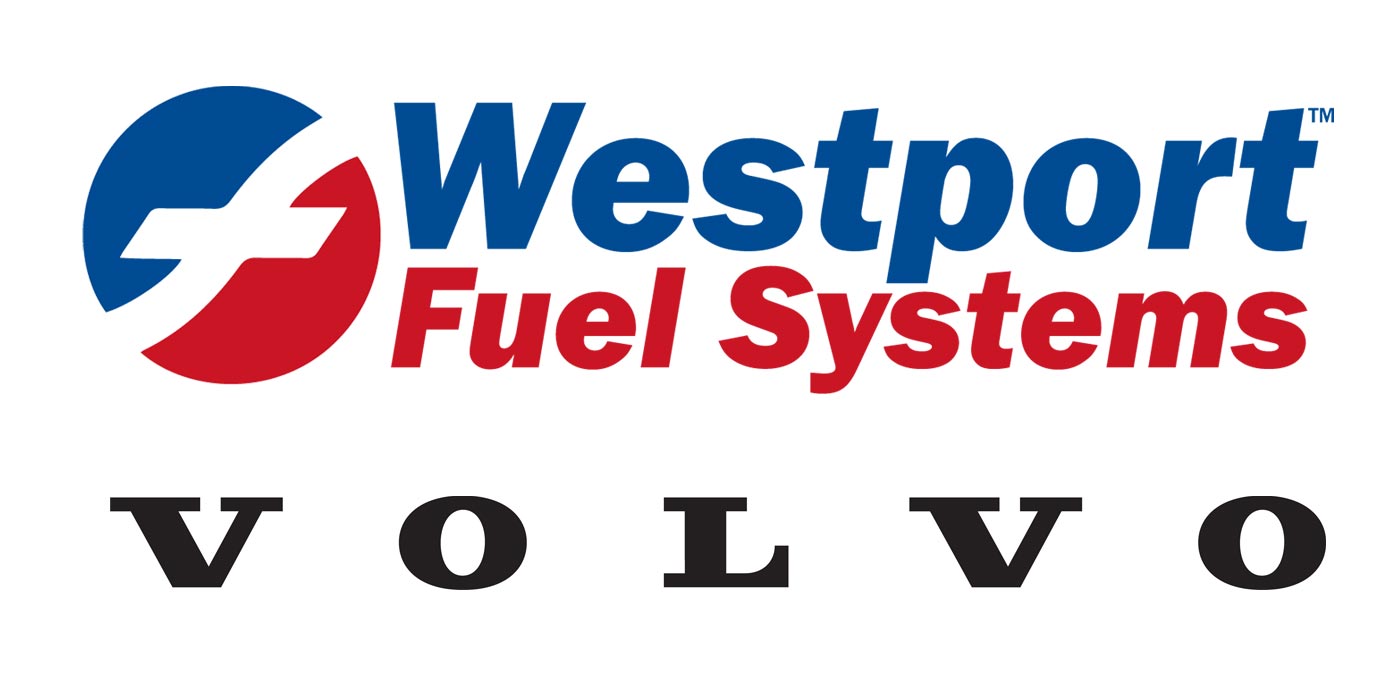A tremendous amount of attention has been focused on alternative fuels. However, little attention has been paid to lubricating oils for use with alternative fuels, and each alternative fuel prefers oils with slightly different compositions.
In general, the heavier and more complex a fuel is, the more that is required of its lubricating oil. Diesel, the heaviest fuel, requires oils with approximately twice the performance additives in their lubricating oils as do gasoline engine oils.
Most alternative fuels aren’t extremely complex, so their lubricating oil requirements aren’t overly restrictive. Still, their individual needs must be addressed by the oil industry. Lubricating oil requirements for several alternative fuels are discussed below.
First, biodiesel. Biodiesel is required to be blended into ultra-low sulfur diesel (ULSD) fuel in many states. Biodiesel made from soy beans or reclaimed cooking oils can be an excellent alternative fuel because the fuel economy (and horsepower) deficits associated with using these fuels are the lowest of any of the drop in alternative fuels currently on the market.
Biodiesel has two properties that demand attention. Plant-based biodiesel fuels have inherently less oxidative stability than ultra-low sulfur diesel fuel. That means lubricating oils for use with biodiesel fuels need to contain additional oxidation inhibitors in the oil to slow down the rate of oil oxidation. Fortunately, new API CK-4 and FA-4 spec oils were designed and formulated with additional oxidative stability to prevent engine (primarily piston) deposit buildup when using ultra-low sulfur diesel (ULSD) fuel.
However, biodiesel fuels have another characteristic that the newer engines and oils don’t address: Biodiesel is generally a heavier fuel than ULSD. That means that if one experiences fuel dilution, biodiesel in the crankcase won’t evaporate as easily as the light ends of diesel fuel. If one tries to run extended oil change intervals when using biodiesel fuel, the oil sump could contain less and less diesel engine oil and more and more biodiesel fuel as mileage increases. Biodiesel fuel does not have the lubricating properties required to protect modern diesel engines. So don’t run extended oil changes in your diesel engines without frequent used oil analysis.
Want more insight from John Martin? Click here to see all of his columns.
Ethanol, and any other alcohol, has a property that puts tremendous stress on lube oils. All alcohols have an affinity for water. That simply means they will absorb water from any possible source including condensation. Water plus acidic by-products of combustion equals sulfuric acid (H2SO4) and other bad actors. Acids will attack any unprotected metals and marginal seals in the fuel system. Older engines have a lot of problems caused by corrosion when utilizing ethanol fuels.
Modern gasoline engine oils (API SN) are designed to perform properly with ethanol, but higher concentrations can still cause corrosion in older engines (pre-2011) because some components aren’t corrosion resistant. Problems are most prevalent when equipment is stored for longer periods of time allowing sufficient time for corrosion to develop on critical engine components.
If your gasoline engine will be stored for any length of time, either store it with a fuel which doesn’t contain ethanol, add a fuel system stabilizer or use an engine oil that contains vapor phase rust inhibitors such as hot rod oils to prevent corrosion. Another method is to purge the engine’s fuel system prior to storage.
The various gaseous fuels in the marketplace (CNG, LNG, propane) place the least stress on lubricating oils because they are so clean. Gaseous fuels generally require very little detergent and dispersant compared to gasoline and diesel oils. However, gaseous fuels do place additional stress on lube oils due to their relatively high combustion temperatures. Fortunately, API SN oils for gasoline and CK-4 and FA-4 oils for diesel incorporate additional oxidation inhibitors, so one can use these oils without any problems.






